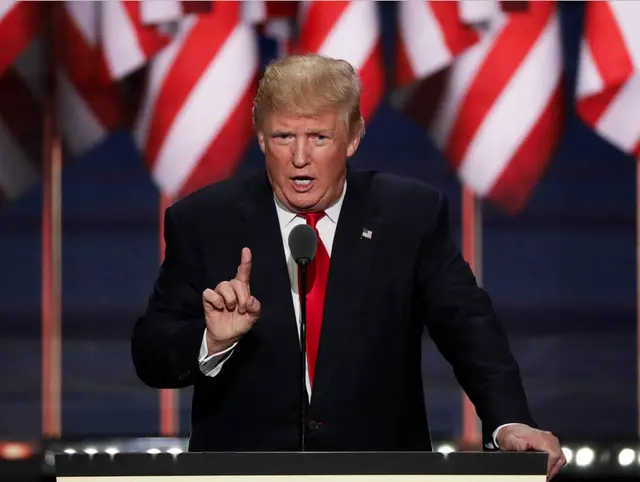There is "no guarantee" that Iran and the world powers will succeed in reaching a final agreement in their nuclear talks, the European Union foreign policy chief said Sunday during her landmark visit to Tehran.
EU foreign policy chief Catherine Ashton and Iranian Foreign Minister Mohammad-Javad Zarif discussed nuclear negotiations and the latest developments over the country's nuclear program in their meeting on Sunday.
Ashton hailed the interim nuclear agreement as an "important" preliminary step, but added that it is "not as important as a ( possible) comprehensive accord," and that reaching a final agreement with Iran is "difficult, challenging and there is no guarantee that we will succeed."
With the support of the Iranian people and the international community, there is a hope that comprehensive agreement can be reached, she said.
Zarif reiterated that "Iran is not after a nuclear weapon," adding that Iran plans to tackle the nuclear issue and stressing that finding a solution depends on the commitment of the other party to solve the problem at the negotiation table.
Iran and the P5+1 group held expert-level nuclear talks in Vienna from March 5 to 7. They aimed to hammer out a final deal on Iran's controversial nuclear program after an interim agreement was reached in November last year.
"Based on the reports from the negotiation meeting, there has been good progress," said Head of the Atomic Energy Organization of Iran (AEOI) Ali-Akbar Salehi, adding that "if the other side shows goodwill, there would be a positive outcome."
Ashton's visit comes as the two sides aimed to narrow the distance between the Islamic Republic and the EU.
Iranian lawmakers said Saturday that Ashton's visit will open a new chapter in the bilateral economic ties between Iran and the European bloc and it can serve as an opportunity for both sides to amend damaged ties.
President Hassan Rouhani said Sunday that the Iranian government is keen on longstanding relations with the EU based on mutual interests, according to official IRNA news agency.
For Tehran, the EU foreign policy chief's visit is seen as a part of the EU's new approach to the country, Rouhani said at a meeting with Ashton, adding the that Iran wants increased economic cooperation with Europe.
Echoing Rouhani, Ashton said her visit to Tehran should be seen as the start of expansive cooperation between Iran and the EU, according to semi-official Fars news agency.
"I have come to Iran with the message of goodwill of 28 European countries, and this is my first opportunity to talk with the Iranian officials over a different issue. And this is a start for the development of cooperation between Iran and the EU," Ashton was quoted as saying.
During her visit, the two sides explored areas for developing economic and trade cooperation, she said, adding that "My presence in Iran shows that the EU is eager to have better, more effective and more active relations with Iran along with the nuclear negotiations."
"The EU acknowledges Islamic Republic's importance and role in the region," she added.
Ashton is in Iran at the invitation of Iran's foreign minister. She will visit the historic city of Isfahan on Monday.
 简体中文
简体中文

